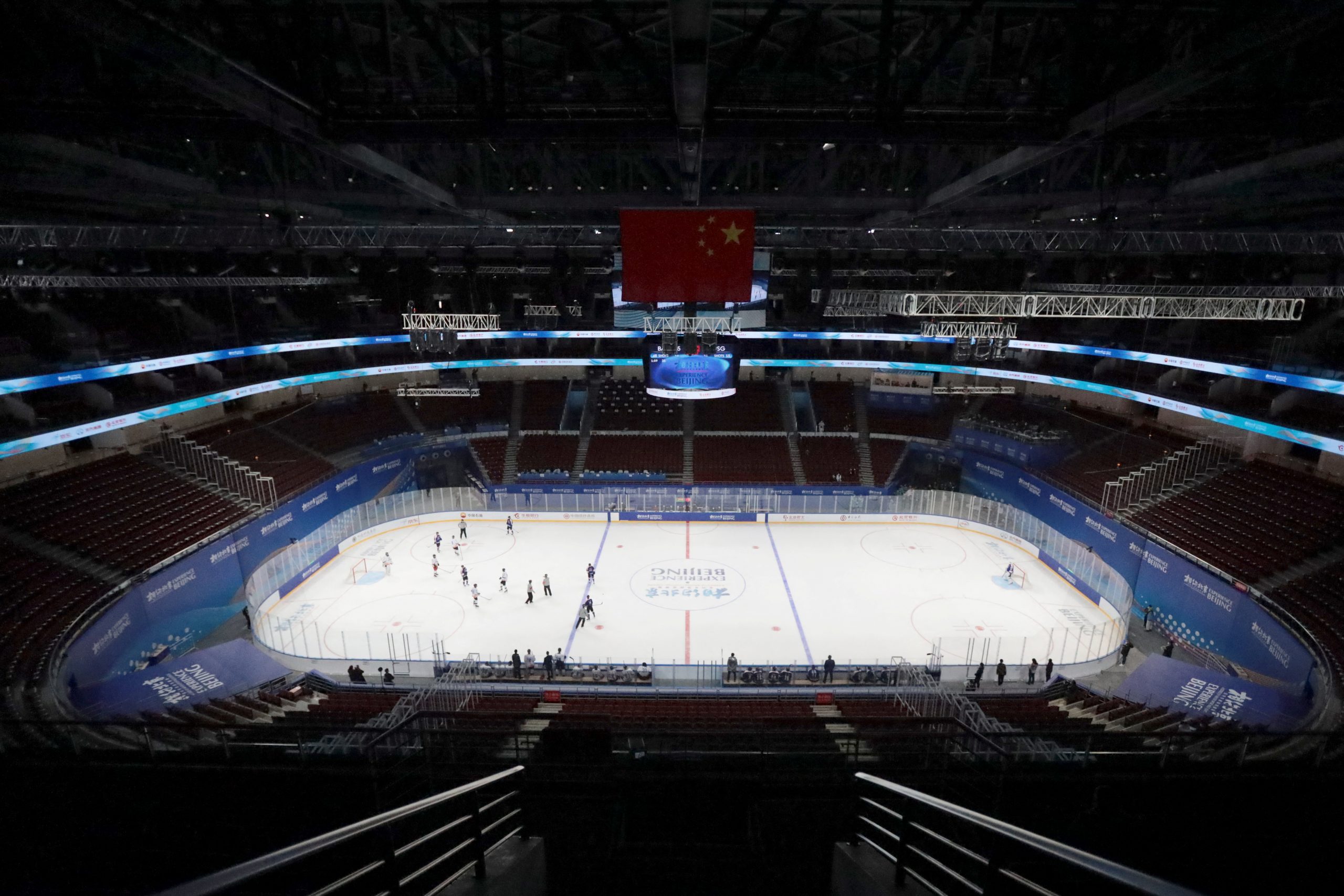Alabama’s Mark Sears and North Carolina‘s RJ Davis looked into the possibility of leaving for the NBA before deciding to return for another college season.
Their decisions helped their teams earn top-10 rankings in the AP Top 25 and earned both players some preseason honors, too.
Sears was a near-unanimous selection for The Associated Press preseason All-America men’s basketball team released Monday, earning all but one vote from a 55-person national media panel. Davis was right behind him, nabbing 51 votes.
They were joined by Kansas big man Hunter Dickinson, Auburn forward Johni Broome, Arizona guard Caleb Love and Duke freshman Cooper Flagg. Love and Flagg tied for the final spot, creating a six-man team that includes only the ACC, Big 12 and SEC.
Alabama twin bill
Sears was a key cog in the Crimson Tide’s first trip to the Final Four a year ago, orchestrating one of college basketball’s highest-scoring teams.
The 6-foot-1 guard was named a second-team AP All-America after averaging 21.5 points, 4.2 rebounds and 4.0 assists. He was the first Division I player in 31 years to have 795 points, 150 rebounds, 145 assists and 95 three-pointers in a single season while breaking the Alabama single-season record with 26 games with at least 20 points.
Sears worked out for NBA scouts during the offseason before deciding to return to Alabama, earning the Crimson Tide a No. 2 ranking in the preseason AP Top 25.
“I saw the team that we had and I wanted to be a part of it, and bring home Alabama’s first national championship in basketball,” Sears said.
Across the state at rival Auburn, Broome made a quick decision about his future, announcing in April that he would be back for a fifth season.
The 6-10 forward was a third-team AP All-American last season after averaging 16.5 points and 8.5 rebounds while shooting nearly 55% from the floor. With an eye on an NBA future, Broome worked hard on his perimeter shooting during the offseason and his return earned Auburn a No. 11 preseason ranking.
“My main goal is a team goal, which is to win the national championship, to make it as far as I can in March Madness,” Broome said. “When a team shines, everyone shines individually.”
Along Tobacco Road
Like Sears, Davis has similar aspirations after opting to return for his fifth season at North Carolina.
The 6-foot guard was an AP All-American last season and the ACC player of the year after averaging 21.1 points, 3.6 rebounds and 3.5 assists on a team that reached the Sweet 16 of the NCAA Tournament. Davis enters this year within reach of former North Carolina big man Tyler Hansbrough’s all-time ACC scoring record.
“I know there’s more work to be done,” Davis said. “I know my jersey’s not going up until I leave. So there’s some more records to break and some more work to be done. I’m satisfied but I’m not satisfied, if that makes sense.”
Up the road at Duke, Flagg was the only underclassman on the preseason All-America team after arriving with tons of hype. The 6-9 swingman was the No. 1-rated high school recruit out of Newport, Maine and has been projected as the No. 1 overall pick in the NBA draft.
Flagg has the skills of a guard, but can also play inside and has worked hard on his perimeter shooting, giving him the potential to be one of college basketball’s most versatile players. He’s part of a stellar recruiting class that has No. 7 Duke eyeing a deep March run.
Big 12 duo
Dickinson was the biggest move in the transfer portal last spring after leaving Michigan for Kansas. The 7-2 center lived up to the billing, averaging 17.9 points and 10.9 rebounds while leading the Jayhawks back to the NCAA Tournament.
With Dickinson’s return and an influx of talented transfers, Kansas is ranked No. 1 going into the season that begins Nov. 4.
Love’s decision to return for a second season at No. 10 Arizona has ratcheted up expectations in the desert for the Big 12 rival of Kansas.
The athletic 6-4 guard had a high-scoring career at North Carolina and continued it after transferring to Arizona last season. He was the Pac-12 player of the year and a third-team All-American after averaging 18 points per game and making 92 3-pointers.
Love tested the NBA waters this summer before deciding to return.
“He’s had a very successful college career thus far,” Arizona coach Tommy Lloyd said. “He’s kind of this last generation of player that’s going to get better with this extra year, and so I just encourage him to take advantage of it.”
____
Get poll alerts and updates on the AP Top 25 throughout the season. Sign up here. AP college basketball: and
